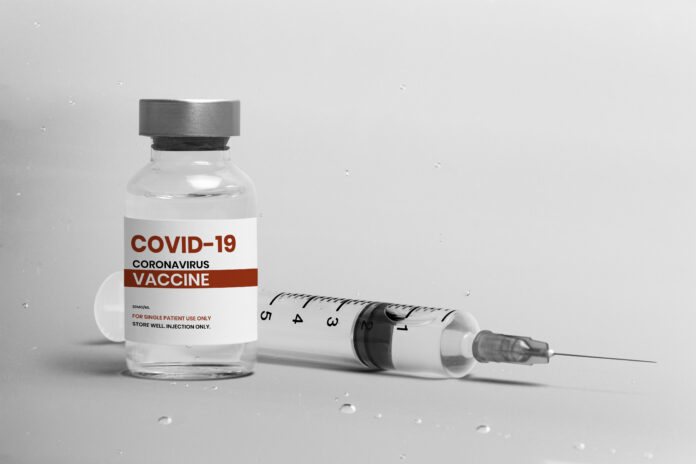Researchers at Osaka University have developed a potential universal coronavirus vaccine that led to the production of neutralizing antibodies in mice.
The SARS-CoV-2 virus belongs to a family of coronaviruses that have caused similar outbreaks in the past. In the early 2000s, the SARS-CoV-1 virus caused the SARS outbreak that infected over 8,000 people worldwide. Later, in 2012, the MERS outbreak affected 24 countries and caused over 900 deaths. All these previous coronavirus epidemics have occurred due to zoonotic coronaviruses crossing the species barrier. Despite effective vaccines, researchers believe the group of virus poses a potential threat to global health. And warn of the emergence of similar, pandemic-causing viruses in the future. Therefore, there is a need for a universal coronavirus vaccine that would not only provide protection against all previous strains, but also any new ones.
A team at Osaka University have now developed a vaccine against a broad range of coronaviruses, by targeting a key portion of the virus. They tested the vaccine in mice. The results of the study are available in the Journal of Experimental Medicine.
The Future of Vaccines
Traditionally, coronavirus vaccines target the spike protein that helps the virus bind to human cells. However, the spike protein has two components: a ‘core’ and a ‘head’ region. Although the head component varies among different variants, the core remains unchanged across all coronaviruses. Therefore, antibodies against the core region of the spike protein can prevent entry of multiple coronaviruses into human cells. However, when exposed to the virus’s spike protein, the body naturally produces more antibodies against the head region and hardly any against the core.
To counter this, researchers genetically engineered the spike protein of SARS-CoV-2, covering its head with sugar molecules. They hypothesized that the sugar molecules would form a covering over the head and instead cause the body to produce more antibodies against the core region.
When the team immunized the mice with these sugar-coated spike vaccines, they found a high proportion of core-targeting antibodies. They then exposed the mice to SARS-CoV-2 and noted that the antibodies continued to neutralize the virus. Moreover, these mice also demonstrated an immune response against SARS-CoV-1 and three other coronaviruses from bats and pangolins.
Our data suggest that engineered versions of the spike receptor-binding domain could be a useful component for the development of broadly protective, next-generation vaccines to prevent future coronavirus pandemics.
Professor Tomohiro Kurosaki, study author
The result in mice is a significant finding; however, further research is required to convert the success into humans.
While various scientists continue to search for a potential universal coronavirus vaccine, a universal flu vaccine is also in the works. A team at the National Institutes of Health is currently planning on phase 1 clinical trials of the vaccine.
Reference:
Shinnakasu, Ryo, et al. “Glycan Engineering of the SARS-COV-2 Receptor-Binding Domain Elicits Cross-Neutralizing Antibodies for SARS-Related Viruses.” Journal of Experimental Medicine, vol. 218, no. 12, 2021, doi:10.1084/jem.20211003




